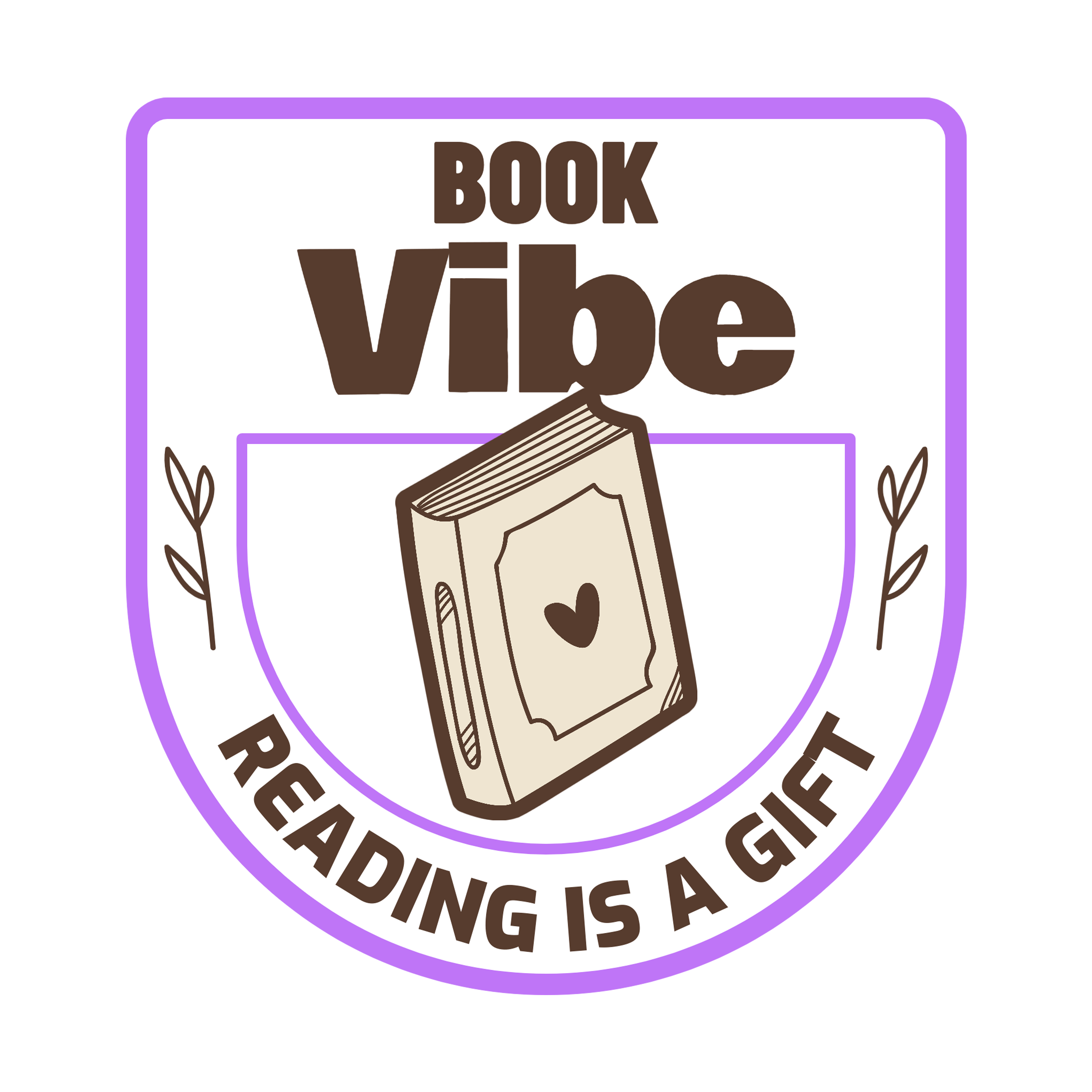
Research essays often conjure images of deep dives into dusty journals and endless reference lists. But what if the key to stronger, more persuasive essays lies not just in what you read, but in how you read? Whether you’re browsing page-turners for pleasure or diving into academic texts for assignments, your reading habits are a powerful foundation for transforming fiction into fact-driven, well-researched essays.
When you engage with stories — novels, short fiction, memoirs — you’re honing your sense of narrative structure, character motivation, and thematic development. These skills transfer surprisingly well into the academic realm. At the same time, purposeful reading of non-fiction and research materials builds your arsenal of evidence, critical thinking, and synthesis. To make your research more efficient, find references for an essay with a specific tool that can help you locate credible academic sources and streamline the writing process. Carving out effective reading habits enables you to journey from creative exploration to rigorous scholarship.
The Power of Your Reading Habit
Building a regular reading habit isn’t just about devouring more books — it’s about sharpening your brain’s “reading mode.” This mode primes you for research writing.
Why consistent reading helps
When you read daily, you train your mind to switch into a focused, receptive state. Researchers note that developing the habit of reading on a daily basis is fundamental to staying current in a scholarly conversation. A consistent reading routine also boosts comprehension, fluency, vocabulary, and critical thinking — all essential for essay work.
How fiction supports academic reading
Fiction might feel like the “relaxation” reading category, but don’t underestimate its value. When you follow a complex plot, track character motives, or explore multiple themes, you’re exercising the same readerly muscles you’ll need when evaluating an academic paper or primary source. The next time you pick up a compelling novel, think of it as mental cross-training for your essay research.
Setting Up a Smart Reading Practice for Research
Once you understand the importance of reading habits, the next step is intentional practice. You’re not merely reading; you’re cultivating a practice that supports essay research.

Design your reading routine
Build a daily or regular slot for reading. It doesn’t have to be long — even 20-30 minutes counts. What matters is consistency. According to some advice for early-career researchers: “If you do not read regularly, you will soon get out of date and will not be able to join the scholarly conversation.” Choose times when you’re alert — maybe morning coffee, commuting, or just before bed — and treat that slot as sacred.
Select diverse reading materials
For your essay research, you’ll want a mix:
- Fiction: strengthens narrative sense, metaphorical thinking, and context recognition.
- Popular non-fiction: helps you stay informed about trends, explains concepts accessibly.
- Scholarly articles/essays: the evidence base of your research.
This variety keeps you motivated and helps you shift between imaginative reading and analytical reading.
Record reflections and themes
As you read, jot down themes, questions, interesting phrases, and ideas that spark curiosity. Use these as connective threads when you begin your essay research. If a fictional narrative helps you think of a concept differently, note it — it might evolve into a creative example in your writing.
Transitioning from Reading to Researching
Reading becomes research when you move from absorbing ideas to interrogating them: asking why, how, and what does this imply. This shift is critical for good essays.
Approach sources like a researcher
When reading an academic article or a reliable non-fiction text, ask questions like:
- What is the author’s claim or thesis?
- What evidence is used?
- What assumptions underpin it?
- How might I apply or challenge this in my essay?
These questions shape a reading habit that goes beyond passive absorption into active evaluation.
Link your reading habit to a citation practice
Having built reading habits and collected notes, the next stage is efficient referencing. This is where a citation referencing online tool becomes valuable. It helps you locate credible sources, manage them, and integrate them into your writing. Solid referencing is the bridge from reading to facts.
Weaving reading into your essay workflow
Here’s a simple workflow:
- Pre-read: Fiction, popular non-fiction, and curiosities to open your mind.
- Focused reading: Scholarly texts and credible articles on your topic.
- Annotation: Highlight claims, evidence, and potential essay connections.
- Source collection: Use the reference-finder tool to collect bibliographic info.
- Outline: Based on themes from reading, sketch your essay structure.
- Writing: Integrate factual evidence supported by your reading; use fiction-inspired insights to make your argument vivid.
- Review: Return to your notes and reading list to check for gaps.
From Habit to Impact: Realizing Better Essays
When your reading habit is solid and your source arsenal is well-managed, you’ll see several concrete improvements in your essays.
Richer arguments and evidence
Because you’ve immersed yourself in diverse reading, you’ll bring more nuanced examples, stronger evidence, and broader perspectives to your essay. You’ll move beyond superficial citations to claims that resonate with depth.
Stronger structure and clarity
Your exposure to narrative and structural reading helps you craft essays that flow — introduction, argument development, evidence, counter-argument, conclusion. Fiction teaches you about narrative arcs; scholarship teaches you logic arcs. Blend the two.
Greater confidence and creativity
When you read widely, you also build confidence — you’re familiar with different voices, genres, and scholarship. That confidence shows in your writing: you’re more willing to experiment, to link ideas, to assert a strong position.
Make Reading Work For Your Research
Reading isn’t an optional luxury for the essay researcher — it’s foundational. When you turn reading into a habit, you train your mind for both imaginative and analytical thinking. By bridging fiction and facts, you enrich your essays with vivid insights and robust evidence. Use regular reading, intentional purpose, and effective tools like the reference-finder above, and you’ll not only write better, you’ll think better. As your reading habit grows, your essays become more than assignments — they become arguments rooted in literary sense and scholarly strength.
